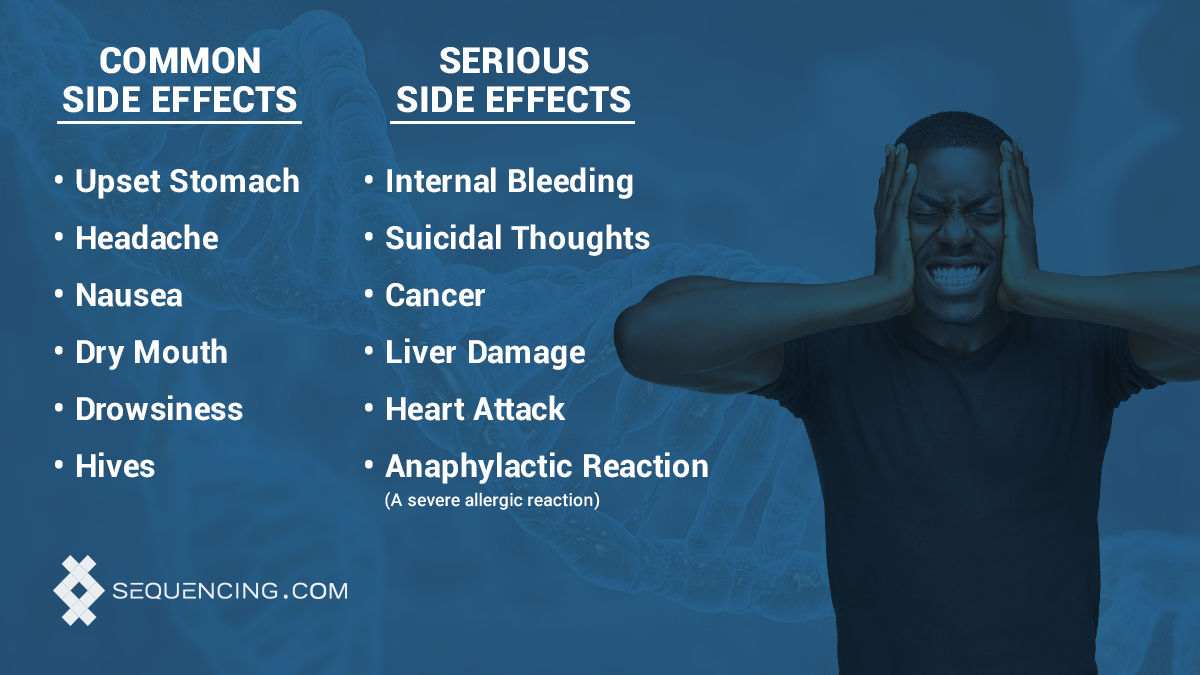

The bloodstream carries the medicine throughout the body.

Other forms of administration of medications, such as intravenous and rectal, bypass the liver so the medication enters the bloodstream faster and without any processing. The liver processes the medicine, and then the processed medication circulates throughout the body to do its work. The drug is then taken by blood vessels to the liver. Orally administered drugs, such as swallowing a pill, enter our bloodstream by being absorbed through the walls of the small intestine. Whenever any of the above medicines are ingested, they go through four stages, referred to as ADME.Ībsorption is the first stage and means the medicine has entered our body.
SIDE EFFECT HOW TO
What to do when medicines have side effects and how to reduce them.Common side effects from over-the-counter and prescription drugs.The effects of medicine on the body and why drugs have side effects.

These side effects are not necessarily always considered allergic reactions, but they do have the potential to be life-threatening if ignored. These side effects can come from over-the-counter (OTC) medications, prescription drugs, and herbal and dietary supplements. Many people suffer from medication side effects. Brandon Colby MD, a Personalized Preventive Medicine specialist and expert in clinical genomics.


 0 kommentar(er)
0 kommentar(er)
